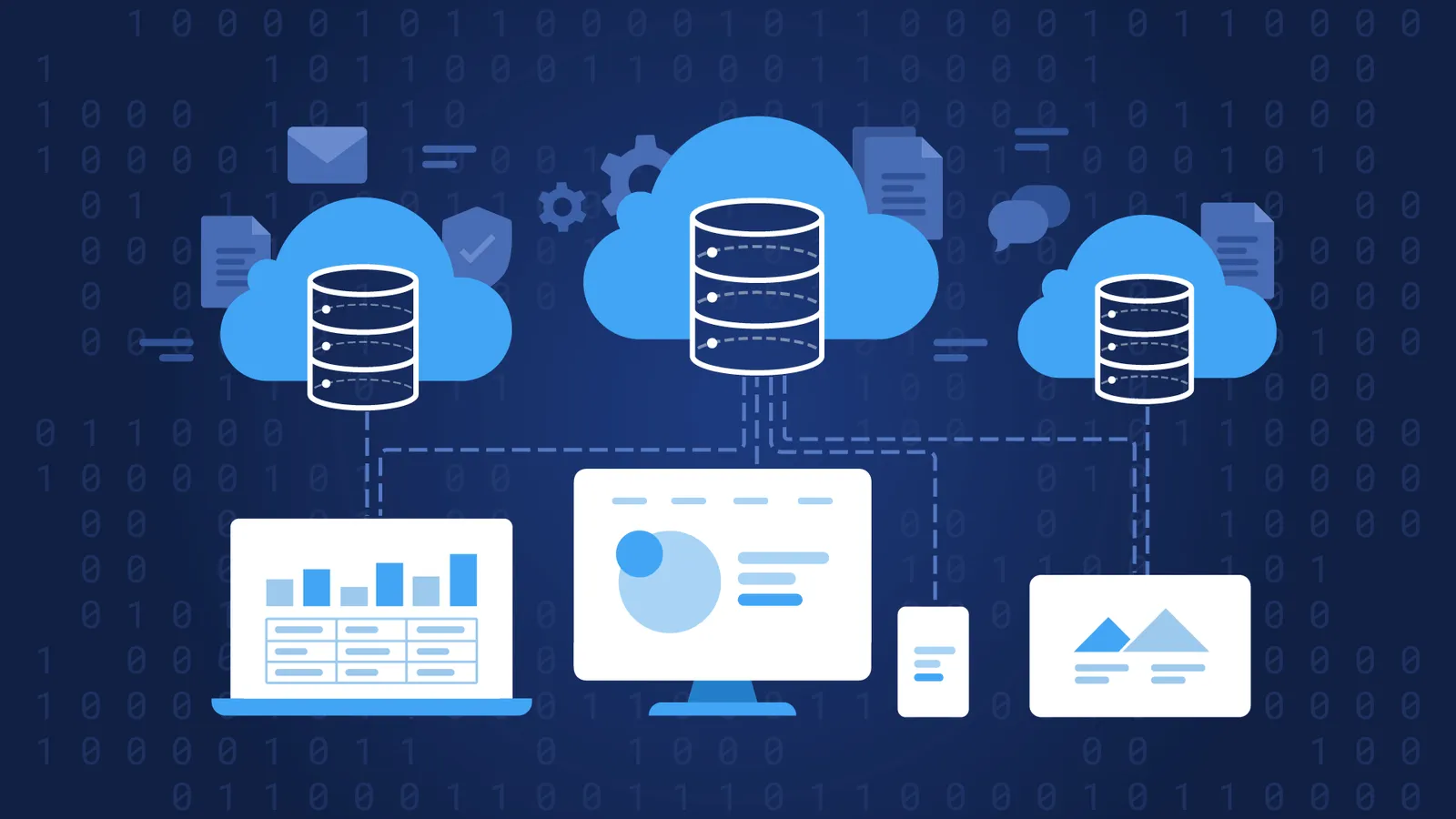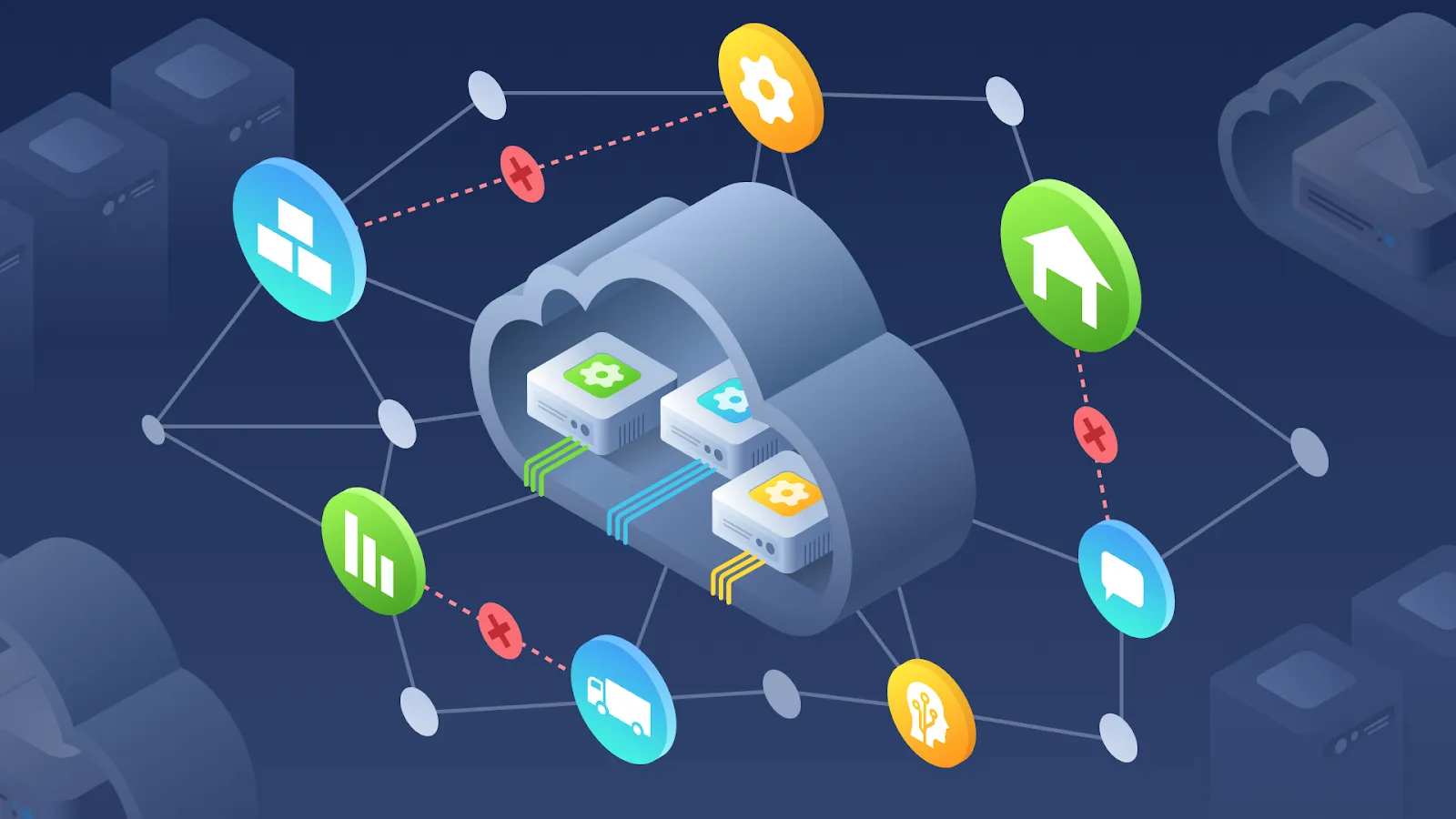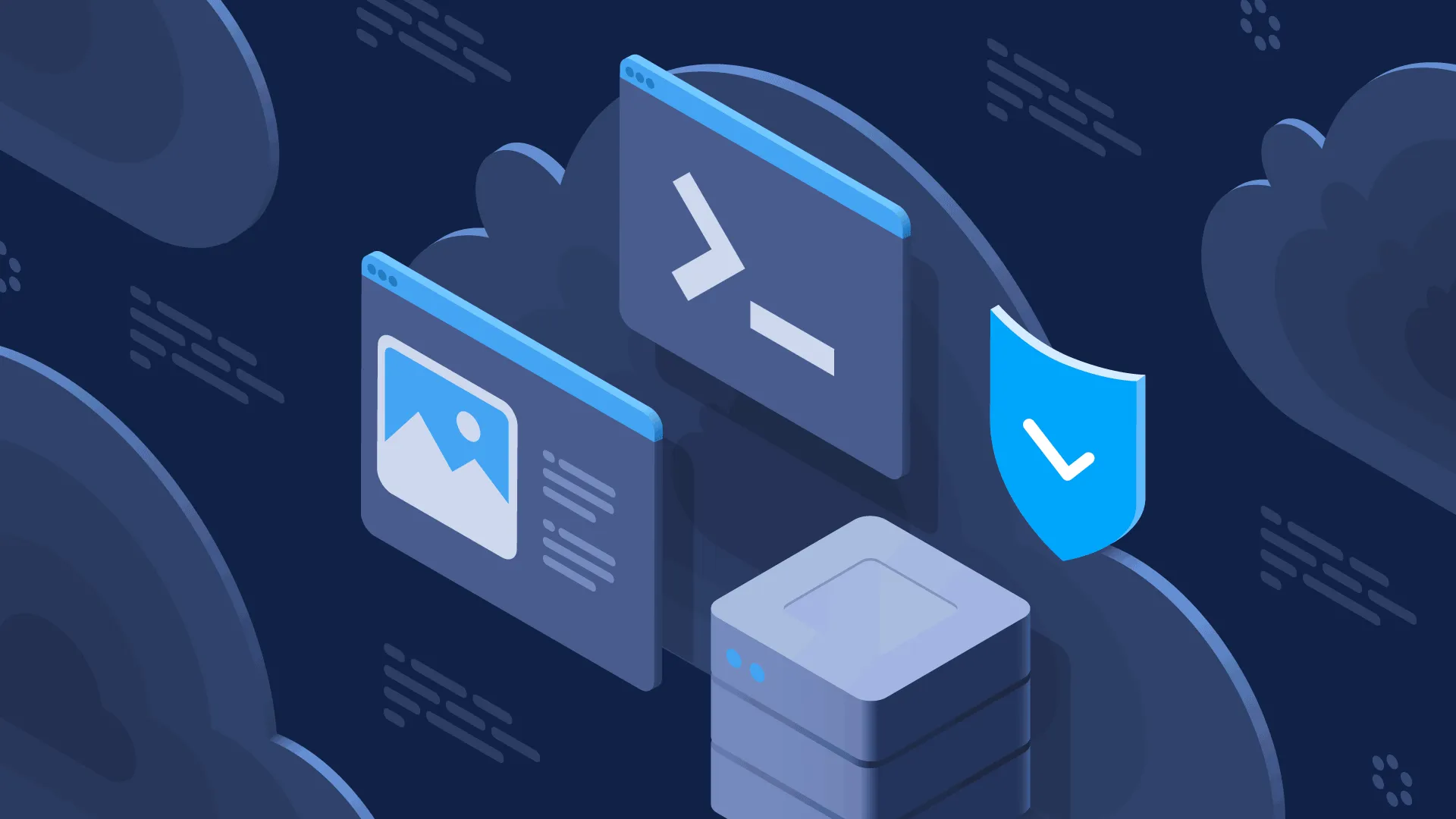Serverless computing has already redefined the ways companies look at technology. One of the redefining moments was in 2014, after launching AWS Lambda, which promised many previously unforeseen benefits to businesses. Today, we will focus on the advantages and use cases of serverless. If you have not read our previous article about serverless architecture and major providers yet, you can find it here.
So what are the key advantages that make serverless so attractive for different businesses? How can your company use this technology? Read in our blog post.
Key Advantages of Serverless
Many world-leading companies have implemented serverless computing to their services to meet fluctuating, instant demand. However, small and medium businesses can also benefit from serverless solutions to remain competitive in their markets. Let’s take a closer look at the key advantages that are driving the implementation of serverless computing.
- Lower cloud costs. Serverless computing works with a pay-as-you-go model. Therefore, software engineers only pay when the app executes a user’s function responding to specific events and requests. In turn, the app idle time is free, which helps reduce the costs required for running a server.
- More efficient resource management. Apps developed in a serverless environment are considered more fine-grained. When the app does not run, a particular cloud provider distributes existing resources among other running apps. But if a triggering event appears, these resources are allocated for executing the function.
- Dynamic scalability. Serverless architecture can scale up and down due to application workload. You can achieve that by replacing functions. Software engineers no longer need to pay for additional infrastructure to handle unexpected growth.
- Faster time to market. Using serverless computing, you can move quickly from a new concept to the first deployment. To deploy new functions, engineers should compile and zip the code and then upload it to the relevant serverless platform. Serverless allows allocating the right elements of your app in a few hours, not weeks or months.
- Easier pivoting. With serverless, your business has unlimited scaling, which allows widening your market reach. Besides, you can use containers for making revamping parts of your product with no need to crash the entire system. Serverless also promotes pivoting efficiency by increasing product flexibility, which helps create microservices.
- Better UX. The main reasons for users to abandon an app are slow operations and lag, and network latency is a critical factor that causes such issues. But serverless providers offer many regional points of presence which help speed up performance by executing functions nearer to your users.
- Support of different programming languages. Today, several serverless platforms can support multiple programming languages. It allows developers to choose the most appropriate for them.
Serverless Use Cases Overview
Nowadays, most serverless technology adopters aim to scale painlessly or lower the current entrance barrier. Also, serverless is an appropriate option for apps that do not run continuously due to having quiet periods and traffic peaks. Here we describe several use cases for serverless computing briefly.
- IoT applications. The serverless approach provides a real-time response, which works efficiently for IoT use cases. For example, motion-activated cameras, along with apps that react to different changes in weather or temperature, are a proper option for a serverless paradigm.
- Autoscaling websites & APIs. You can write and deploy serverless websites and apps with no front-work of configuring infrastructure. Thus, you can launch a functional site in a few days. One of the best serverless features is automatic scaling that depends on the demand.
- Virtual assistants & chatbots. People who use virtual assistants and chatbots require immediate responses. Therefore, serverless computing enables faster data processing. Also, even if your app grows to thousands of users, you can maintain the same processing time due to automating with FaaS.
- Event streaming. Serverless computing can be triggered from specific event logs, which gives you scalable event pipelines with no need to maintain complicated clusters. You can use such event streaming pipelines for powering your analytics systems, updating secondary data stores or caches, and feeding monitoring systems.
- Image & video manipulation. Serverless allows building performance-enhancing image or video services for different apps. Your company can adopt serverless technology for resizing images dynamically or changing video transcoding. Many apps also rely on things such as image recognition that can improve user experience.
- Multi-language apps. With serverless computing, apps can be multilingual in terms of programming. That results in promoting polyglot teams and integrating services created by specialized teams into the app. Thus, you can implement new programming languages to new services while also talking to legacy services as required.
**What Awaits Serverless in the Future? **
Serverless computing is considered a young technology, which makes it difficult to determine its future. But if serverless providers could overcome the current challenges of FaaS services, this solution will bring radical software development changes in the next few years.
To understand better how the industry experts perceive the future of serverless computing, here are several market predictions:
- The new serverless platforms will combine FaaS and PaaS for managing services more efficiently.
- Technology deployment frameworks and tools will be more sophisticated and robust.
- The emerging serverless architectures will become more enhanced with time.
- Businesses will need to adopt specific self-driven teams of software developers to reap the maximum advantages of serverless.
- With serverless, developers will write less code, which will result in fewer tests.
Cloud adoption increases over time bringing new challenges in beating the competition with fast and reliable delivery. Thus, many business leaders worldwide believe that serverless will simplify their software development.
Are you already using serverless computing? What advantages do you find the most valuable for your business? What operations or tasks does it help you deal with? Share with us in the comments below.
How AgileVision Can Help
Over the past several years, AgileVision has helped many businesses to start using serverless computing and cut costs on software development. Are you considering serverless as a new approach to implement or need advice on your existing serverless architecture?
Need help with your cloud architecture?
Schedule a Free Consultation




